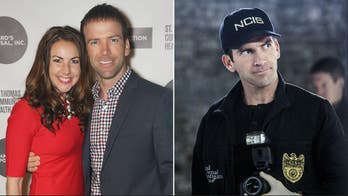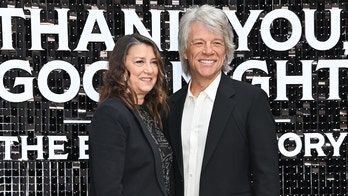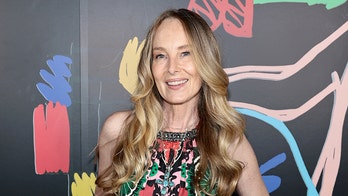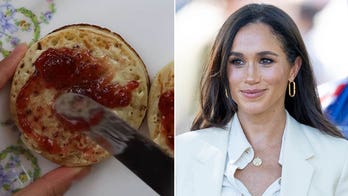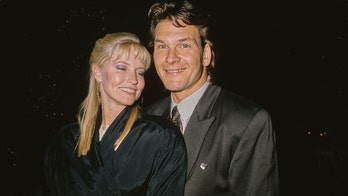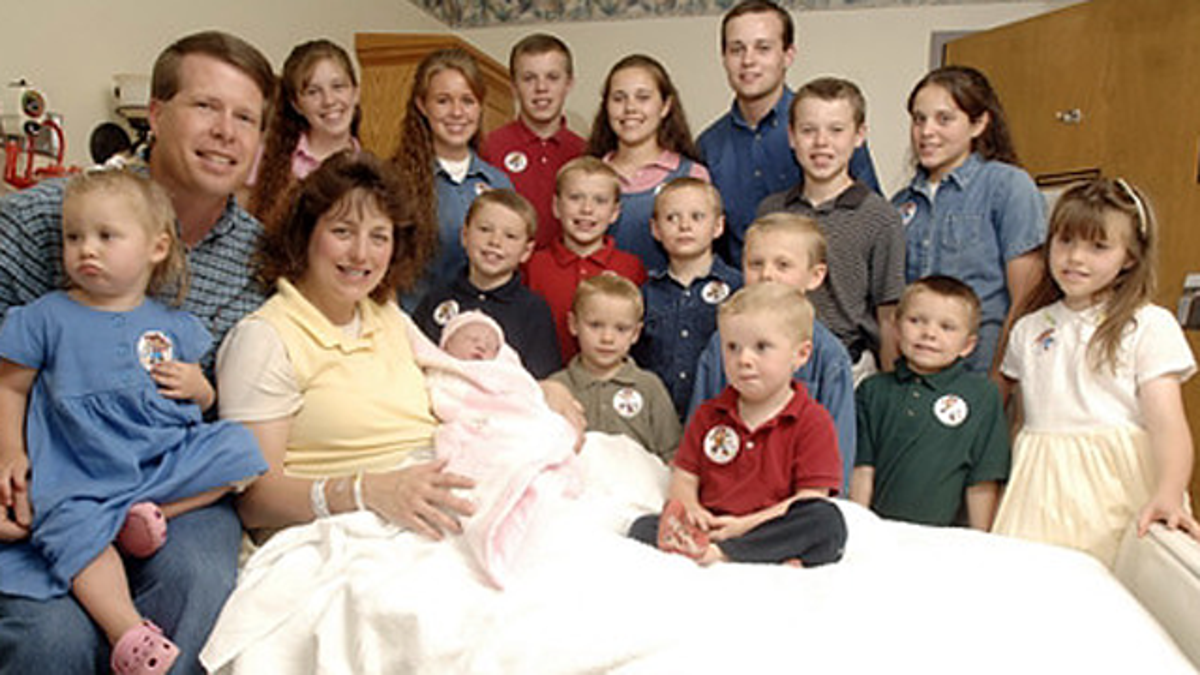
The Duggar Family (AP)
Kate Gosselin is back on reality TV, this time without the kids. The former "Jon & Kate Plus 8" star is competing on "Dancing With the Stars" -- her first TV series without her brood in tow.
But sources have told Fox411 that there are still negotiations underway for another reality show based on Kate's real life, one in which her children may still be involved. This after her ex-husband, Jon Gosselin, put an end to their first show, "Jon & Kate Plus 8," citing its effects on their eight kids.
What exactly those effects are is a question not just for the Gosselin brood, but for the dozens of other children being featured on reality TV shows like "19 and Counting," "Toddlers and Tiaras" and "Table for 12."
Putting children under the TV spotlight is a crime, plain and simple, says child development expert Jennifer Jones, author of "The Three P's of Parenting (Power, Protection, Prediction)."
"It goes beyond exploitation," she tells Fox411. "I can't believe that as a society we've signed off on it as long as we have."
Kids get filmed all the time by parents and loved ones. But putting small children in front of a camera day after day as they try to live normal lives prevents them from developing the proper relationship with their parents and creating their own identity, says Jones.
"Ages zero to five is when you understand leadership in your family and family relationships, and after five it's basically done," Jones says. "This really is like watching a crime being committed."
Indeed, "Jon and Kate" were investigated in 2009 by the Pennsylvania Department of Labor and Industry for possible child labor law violations. Legally, whether kids on reality shows are "working" has never been decided, says Lynne Marie Kohm, professor of family law with Regent University.
"The children don't have rights, per se; they have parents who protect their interests," she explains. "Legally, kids are in the (parents') control, until they do something to harm them."
Child labor laws tend to be a state-by-state system, though there is some federal legislation, and reality show producers take advantage of the holes in the system, says former child actor Paul Petersen, now head of child-rights organization A Minor Consideration.
"They deliberately go to states with no child labor laws," he says. "Pennsylvania has labor laws, but they've never applied them in the case of the Gosselins. To their great shame. We have to take these blinkers off – children being filmed for commercial purposes are working."
Some reality producers do try and keep the best interests of their subjects in mind. Jeff Cvengros deals mainly with teens as an executive producer on CMT's "World's Strictest Parents," but he did his time with smaller children as a producer on "Trading Spouses."
"Today, if I was offered an opportunity to do a show with young children, I would have to feel comfortable with the content of the show," he says. "Why are the kids part of this program? Are they looking to advance their life in a positive form? Or are the parents looking for the next Miley Cyrus and don't care what happens to them off-set? A lot of times with kids, you have to look behind the curtain to see where they're coming from."
Evolution Management's Margot Menzel, who works with child actors, has a strict screening process when dealing with children to determine if they should be on camera: "You talk to them. Is the parent answering for the child? Kids are very honest, and it's very obvious if a child doesn't want to be involved in this."
But what if the child has multiple siblings? Many reality shows focus on that unusual aspect of a family, and there is division over whether a large group of sibs help cushion the odder aspects of being on TV.
"If you have a big family with lots of siblings, some of the more dangerous edges are worn off," says Petersen. "You have siblings to share the experience. Not that it helped the Dionne quintuplets, though." (The Dionne children were the first such fivesome to survive infancy. They were taken from their parents by the Canadian government in the 1930s and turned into a money-making tourist attraction that became known as "Quintland.")
But Jones feels that multiples actually have it worse when they're put on camera, since they're already vying hard for parental attention. "You add to that the unstable environment of having a television show in your home – the children aren't getting attention from their parents, who are occupied with the show going on, so they look for attention from the crew," she says. "That's an unhealthy attachment."
Yet little is being done to either prevent reality shows starring children from going on the air, or to create structure around which the children can avoid being damaged developmentally. And don't expect much to change, not at least until many of these children have grown up and borne out the warnings experts like Petersen and Jones are talking about.
"There will be no safety net to soften their fall," says Petersen. "The older twins on 'Jon and Kate' are already acting out personality problems on film. This notoriety – it really isn't fame – will follow them all of their days. And the effects will come home to roost."
